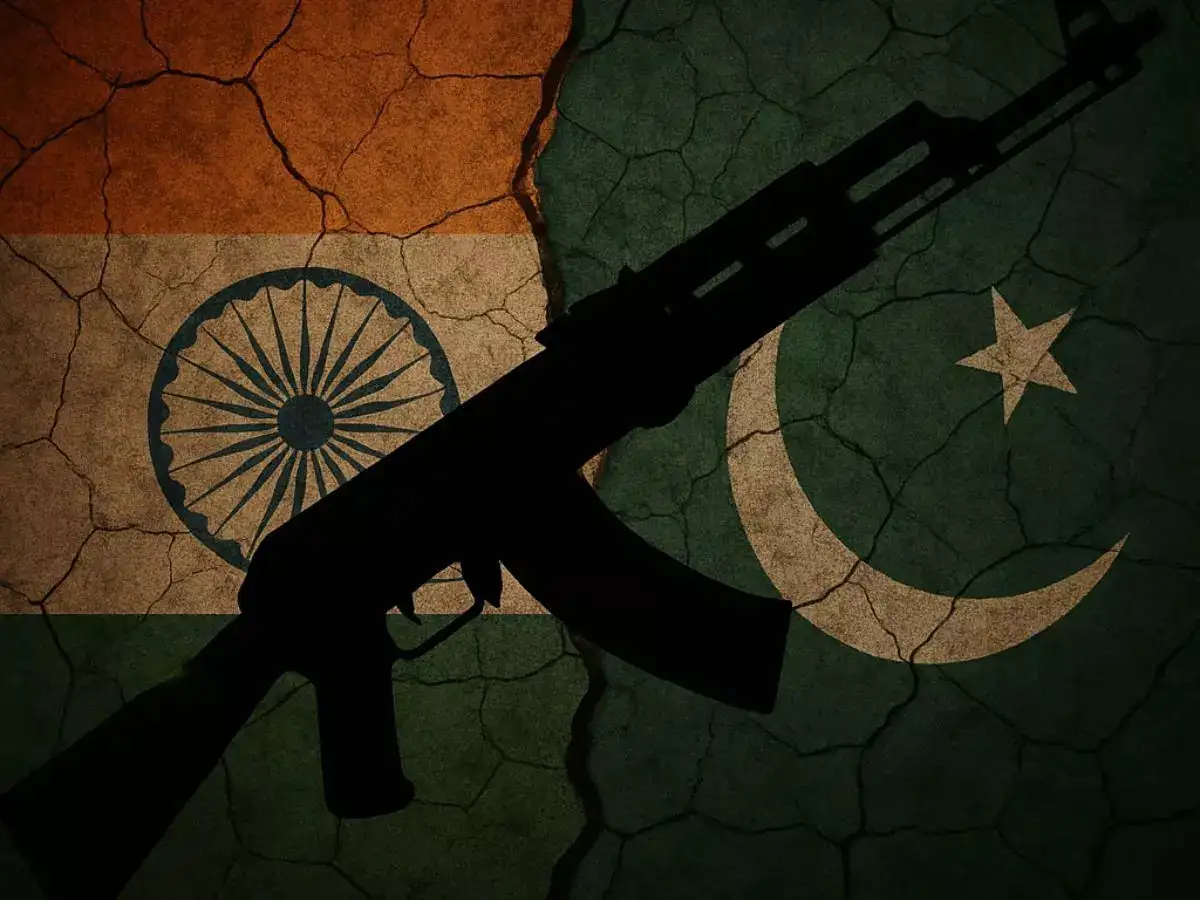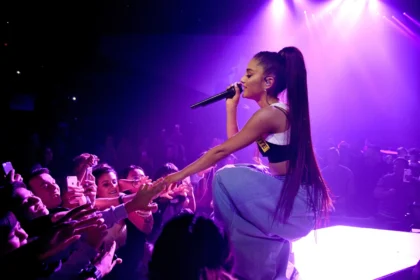Tensions between India and Pakistan have reached a dangerous threshold, pushing both nations to the brink of a wider conflict. With military strikes, jet shootdowns, and rising casualties, the situation has escalated rapidly in the last few days. As the global community holds its breath, here’s what you need to know about the unfolding crisis between these two nuclear-armed countries.
What Triggered the Escalation?
The recent surge in hostilities comes after a deadly terrorist attack in April 2025, where 26 people, mostly Indian tourists, were killed in the popular tourist spot of Pahalgam in Indian-administered Kashmir. India immediately blamed Pakistan-based militants for the attack, which Pakistan denied. This tragedy, combined with long-standing tensions over the disputed region of Kashmir, acted as a flashpoint, leading to military actions from both sides.
India Launches “Operation Sindoor”
On Wednesday, India launched “Operation Sindoor” in the early hours, targeting what it called “terrorist infrastructure” in Pakistan and Pakistan-administered Kashmir. The operation lasted around 25 minutes, with Indian authorities claiming that nine militant sites linked to two notorious groups – Lashkar-e-Tayyiba and Jaish-e-Mohammed – were struck. These groups have long been accused by India of orchestrating attacks across the border from Pakistani soil.
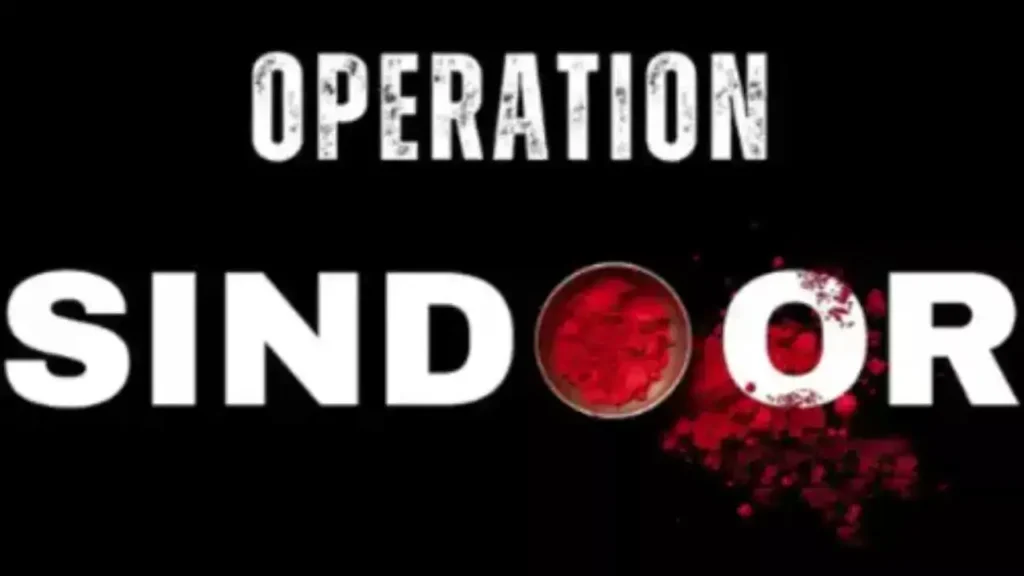
India’s Ministry of Defense assured that the operation targeted terrorist camps, and no civilian or military infrastructure in Pakistan was intentionally harmed. The name “Sindoor” holds symbolic significance, referencing the vermilion powder worn by Hindu women, marking a sensitive cultural reference in the context of the attack that widowed several Indian women.
However, Pakistan painted a different picture, alleging that India’s strikes hit civilian areas, including mosques, and caused widespread damage. Pakistani officials claim 24 airstrikes targeted six locations within Pakistan, with some of these strikes reaching the Punjab province, marking the deepest Indian strike inside Pakistan since the 1971 India-Pakistan war.
Pakistan’s Retaliation
Pakistan wasted no time in retaliating. Pakistani security sources claimed that they shot down five Indian Air Force jets during the airstrike. The jets were reportedly among India’s most advanced, including Rafale fighter jets—purchased from France just a few years ago. India has not confirmed the loss of any aircraft, and CNN has been unable to independently verify these claims.
Pakistani Prime Minister Shehbaz Sharif addressed the nation, declaring that the downing of Indian jets was an act of defense, calling India’s airstrikes “an act of war.” Sharif emphasized that Pakistan had every right to retaliate and vowed to “avenge the loss of innocent Pakistani lives.”
Casualties and Civilian Impact
The toll from the strikes and subsequent violence has been devastating. Pakistan has reported 31 deaths and 57 injuries, with victims including teenagers and children. In Indian-administered Kashmir, 12 civilians were killed by cross-border shelling by Pakistani forces, and over 50 people were wounded.
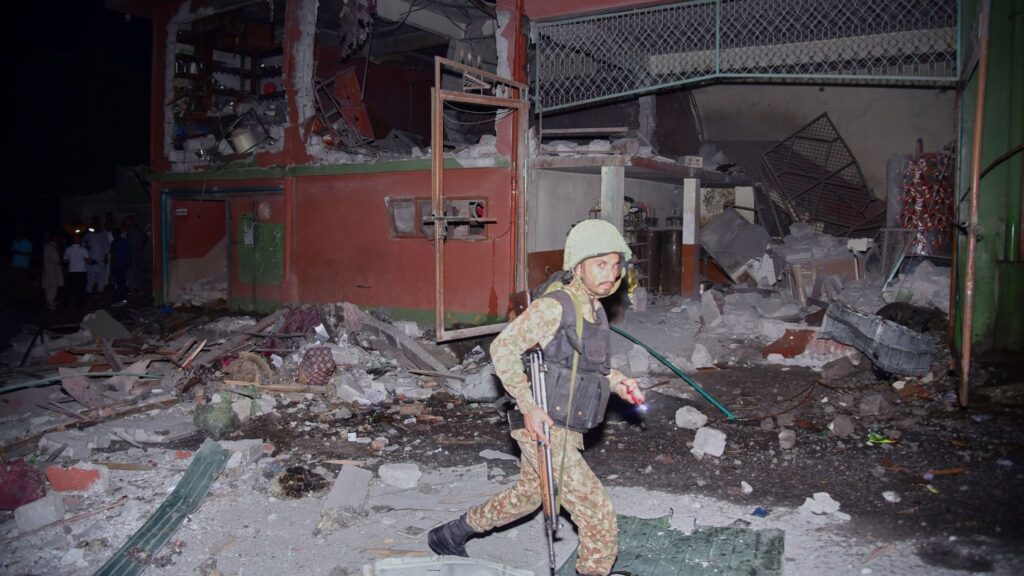
Authorities in Indian-administered Kashmir have ordered evacuations from vulnerable areas, providing shelter, food, and medical assistance to displaced civilians. The conflict has also disrupted regional air travel, with Pakistan closing parts of its airspace, and many international airlines avoiding flying over the country. Several major Indian airports have also been closed or experienced delays.
What is Kashmir’s Role in the Conflict?
Kashmir has long been a flashpoint between India and Pakistan, dating back to their partition in 1947. Both countries claim the region in full, but it is divided, with India controlling roughly 55% of the region and Pakistan controlling around 30%. Since their independence, India and Pakistan have fought three wars over Kashmir, and the region has remained heavily militarized.
Both countries accuse each other of sponsoring militant groups operating in Kashmir, contributing to the long-standing conflict. The latest terrorist attack on Indian tourists added to the tension, further escalating the situation. India’s accusations against Pakistan for harboring militants have been a consistent source of tension, with Islamabad denying involvement.
What Could Happen Next?
The current escalation could lead to a full-scale war if cooler heads do not prevail. Both India and Pakistan have heavily armed military forces, including nuclear weapons, making the stakes incredibly high. A potential conflict could devastate both countries and have catastrophic consequences for the region and the world.
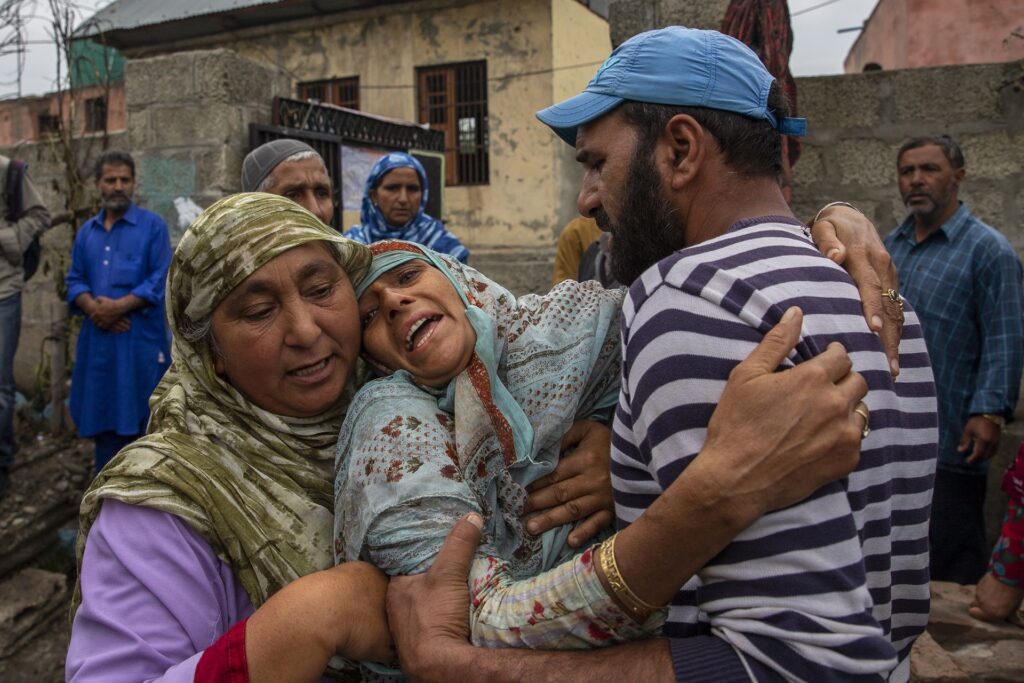
This is not the first time the two nations have come to the brink of war. The 1999 Kargil War between India and Pakistan was a significant military conflict that ended with international pressure for both sides to de-escalate. However, the 2019 Pulwama attack and subsequent airstrikes showed that tensions have not abated. Despite their nuclear arsenals, both countries have refrained from all-out war, but the risk remains as the current confrontation shows.
How Is the World Responding?
The international community is closely monitoring the situation. United Nations Secretary-General António Guterresexpressed deep concern over the escalating violence, calling for both nations to de-escalate and avoid military confrontation. The United States, China, Japan, and Russia have also called for restraint, urging India and Pakistan to seek diplomatic solutions.
The U.S. State Department issued a statement saying that they were closely monitoring the situation, but no formal assessment has been made yet. The UAE and Saudi Arabia have also voiced concerns, calling for both sides to engage in dialogue and avoid further violence.
Conclusion: Will Diplomacy Prevail?
As the military tension escalates between India and Pakistan, both countries face a critical crossroads. While both nations have nuclear capabilities, they are also aware of the destructive potential of a full-scale war. Global leaders are pushing for restraint, but the situation remains fluid, and further military actions could plunge the region into broader conflict.
With the Kashmir dispute at the heart of the issue and both countries under immense internal and external pressures, the world is watching closely. The question remains: Can diplomacy prevail, or will this conflict escalate into a devastating war?


